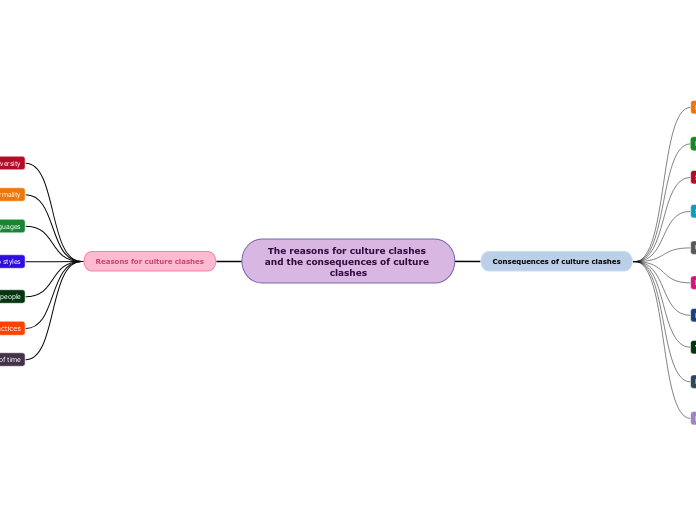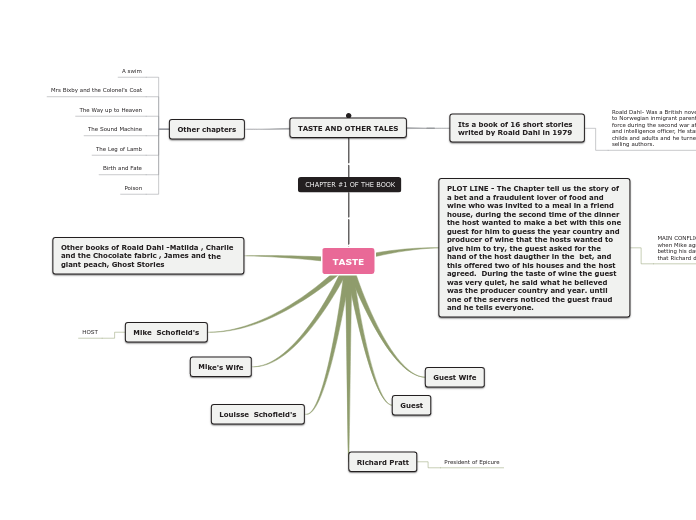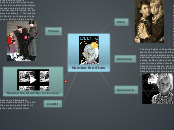The reasons for culture clashes and the consequences of culture clashes
Reasons for culture clashes
Different senses of time
Fixed time and or a more fluid sense of time.
Different practices
Different countries or cultures
Different orientations to tasks and to people
Task-oriented or relationship-oriented
Different leadership styles
Autocratic, democratic, partenalistic, laissez - faire and situational
Miscellaneous grammatical differences
Type in any other miscellaneous particularities of the two language versions.
Example: when naming rivers in AmE, the word 'river' comes after the name: 'Upper Delaware River'. In BrE, 'river' always comes in front of the name: 'River Thames'.
Different languages
Verbal and Verbal and non-verbal communication
Different degrees of formality
Formal or informal
Different comfort levels with diversity
Diversity or ethnocentric
Consequences of culture clashes
Bankruptcy or failure
Bankruptcy or receivership - if the problems of a merger are severe enough, the organization may be at risk of bankruptcy or failure.
Decreased profitability
Workers are less productive and conflict in the workplace increases.
Various types of conflict in the workplace
Differences between cultures are likely to increase conflict.
Higher labour turnover
Increased labor turnover is especially problematic when the main purpose of the merger was to form more capital
human.
Lower productivity
Lack of familiarity with rules and procedures.
Unresponsive management
Employees feel that managers
are not concerned with their welfare.
Sense of isolation
Managers focus on the strategy of the
new organization and the employees feel isolated and ignorant.
Sense of division
Employees focus on the differences between
employees of the merging companies instead of in their
common purpose and its many similarities.
Use of letter 'U' in words ending in 'OR'
In American English, words ending in 'OR' do not include the letter 'U'.
Type in as many words as you can. Example: 'color' (AmE) and 'colour' (BrE).
Preoccupation with the merger
Employees focus their attention
and energy about the fact of fusion rather
focus on their own work.
Use of double consonants
Type in the words that are written with double consonants only in one version of the language.
Example: 'traveler' (AmE) and 'traveller' (BrE).
Lack of focus
Employees may not understand the values and goals of the new organization.
Words with different endings
Type in the words which have one ending in American English and another one in Standard British English.
Example: AmE has changed words ending in 're' in 'er': 'theater' and 'theatre'.









